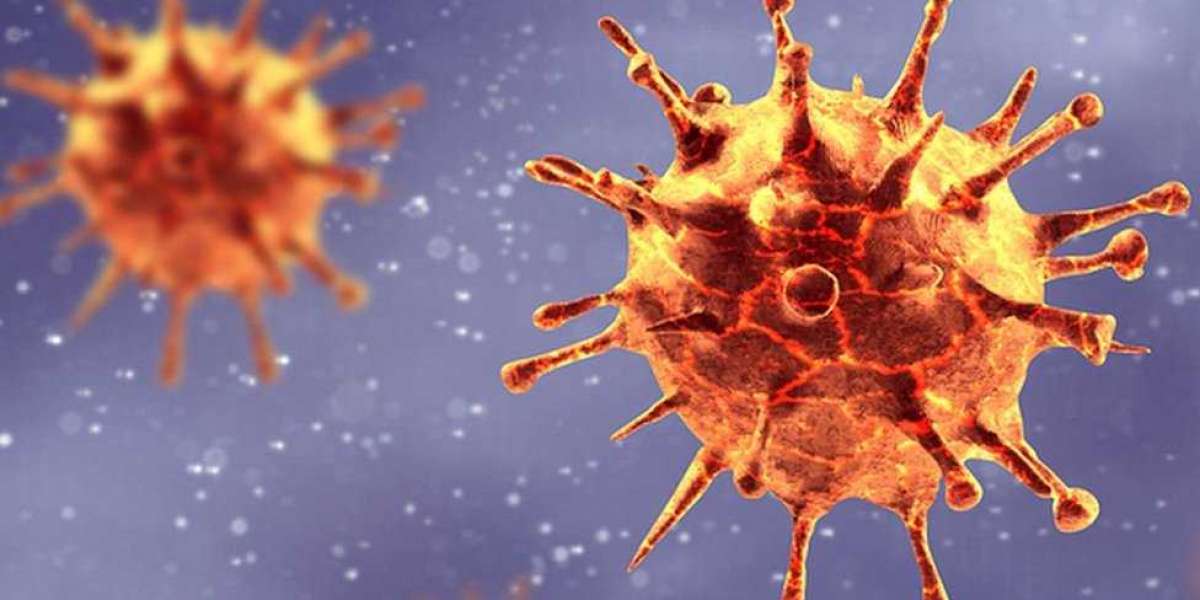A new variant emerged. We do not yet know how dangerous it is or where it originated, The new variant was detected in early December in a traveler who returned to France from Cameroon, the hospital IHU Méditerrannée in Marseille announced. The returnee from Cameroon reportedly infected 12 people in southern France.
This new mutant, called B.1.640.2, has 46 mutations in an "atypical combination," several more mutations than omicron, which has 37, according to a preprint study that has not yet been peer-reviewed. According to this study, the two already known spike protein mutations N501Y and E484K are also found in the new corona variant. The N501Y mutation, for example, was detected very early in the alpha variant. It causes the pathogen to bind more strongly to human cells and thus to spread more easily in the body. E484K is one of the escape mutations located directly in the spike protein and thus probably affects the COVID vaccines' effectiveness.
But what these mutations mean and whether the new coronavirus variant B.1.640.2 is actually more contagious than the original SARS-CoV-2 virus cannot yet be said with any real confidence, due to the lack of available data and the small number of cases. We do not yet know anything about the origin of this new variant either. The fact that B.1.640.2 has now been detected for the first time in a returnee from Cameroon does not mean that the variant has also emerged in the central African country.
However, very low vaccination rates generally favor the emergence of new coronavirus mutations. In Cameroon, only 2.4% of the population is fully vaccinated, according to data from the Johns Hopkins University in Baltimore in the US. As long as the vaccination campaign isn't advanced globally, new variants will always develop somewhere. Sometimes they are more harmless, sometimes more dangerous. It remains to be seen what this new variant will be.
We already know that the omicron variant is much more contagious and spreads rapidly around the world. But at the same time, the courses are much milder in most patients. There are more and more studies confirming this. It is also gradually becoming clearer what factors are at work here. The T cells of vaccinated and recovered persons react to omicron, thus protecting most infected persons from a severe course of COVID-19. It is true that the mutations in omicron have altered the spike protein so much that the antibodies produced by previous infection or vaccination are no longer as protective.
But the acquired immune response by the T cells still works in 70 to 80% of cases, similar to the older beta and delta variants, researchers from Cape Town, South Africa, found. The T cells of vaccinated and recovered patients recognized omicron nearly as well as the original Wuhan variant, the group concluded.








